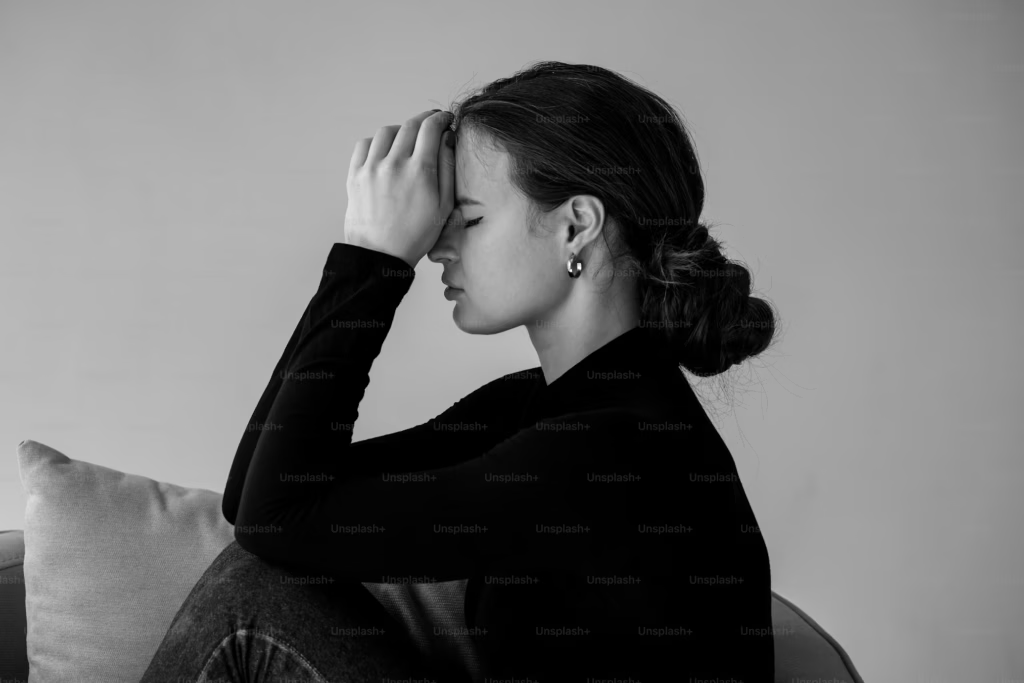


Dark Mode
Turn on the Lights

A visit to a Lagos spa became a harrowing ordeal when a woman alleged she had been sexually assaulted by the spa’s male therapist. She described multiple inappropriate touches during the session. Yet the spa’s first response, captured in a now-viral voice note from the owner, was chillingly dismissive: “These things happen at a massage.” […]

A visit to a Lagos spa became a harrowing ordeal when a woman alleged she had been sexually assaulted by the spa’s male therapist. She described multiple inappropriate touches during the session. Yet the spa’s first response, captured in a now-viral voice note from the owner, was chillingly dismissive: “These things happen at a massage.”
In its official statement, the spa’s management chose to note first that the client had “tipped our team generously” and “remained at the spa for an extended period before leaving” before finally addressing the therapist’s alleged conduct, an ordering that seemed calculated to bias public opinion. What unfolded next was a reflection of a deeply ingrained tendency in our society to blame survivors rather than hold alleged perpetrators to account.
Almost immediately, public discourse diverted attention away from consent and professional ethics. Conversations revolved around the woman’s supposed errors: “Why would she allow herself to be massaged by a man?” “Why didn’t she run away?”. Some influencers released content warning women to avoid male therapists altogether, effectively sidestepping the more urgent question of whether standard protocols and safeguards were breached. This scrutiny of a survivor’s behavior is the essence of victim blaming: transferring responsibility from the accused to the accuser, casting assault as a predictable, avoidable mishap born of personal misjudgment.
Psychologically, this impulse is rooted in a human desire for control. If we believe that assault only happens when someone dresses “inappropriately,” visits certain locations, or stays too long in private spaces, then we can shelter ourselves with perfect vigilance. Critiquing a survivor’s choices creates an illusion that danger can be circumvented through discipline. Yet this framing not only deepens survivors’ trauma but also absolves would-be perpetrators of the consequences of their actions.
In Nigeria, victim blaming is profoundly gendered. Women who report assault are subjected to invasive questioning about their attire, their past, and even their social media history as if these factors somehow justify the violence. Men, conversely, seldom face similar skepticism when they are victims, a double standard that reveals underlying misogyny. In public discourse, a woman’s credibility and respectability are negotiated before the facts of the case are even examined.
But victim blaming intensifies when intersecting factors—class, ethnicity, or profession—enter the equation. Middle-class women may face subtle condescension and rumors of seeking attention; women from disadvantaged backgrounds often endure outright dismissal or even outright disbelief. In the Lagos spa case, a video suggested that the client must have ulterior motives, seeking social media fame or financial gain, which echoes patterns in which survivors see their voices devalued.
Underlying these societal judgments is a widespread misunderstanding of trauma’s neurobiology. When faced with an imminent threat, the brain’s amygdala and hippocampus can induce tonic immobility, also known as the freeze response. Stress hormones flood the body, rendering a person immobile, speechless, and disoriented. This involuntary survival mechanism, documented in a 2017 study where 70% of 298 participants experienced significant immobility during an assault, flies in the face of the notion that credible survivors must have fought or fled. Yet when survivors remain silent, or recount events in delayed narratives, they are often accused of lying or exaggeration, compounding their ordeal.
Legally, Nigeria still wrestles with outdated attitudes toward sexual violence. Survivors often encounter dismissive law enforcement that prioritizes questioning their moral character over investigating their claims. In this instance, when the Lagos spa assault was reported, police reportedly asked the woman, “What is a young girl doing at the spa?” Although the Violence Against Persons Prohibition Act represents a step forward, its impact is blunted by uneven implementation and a lack of trauma-informed training among officers, leaving many survivors trapped in a system that does not prioritize justice.
To dismantle this culture of victim blaming, change must occur on multiple fronts. Educational campaigns should incorporate trauma-informed frameworks, helping the public understand that freeze responses and delayed reporting are natural, not willful deceit. Professional bodies—spas, salons, and medical clinics—must adopt clear, enforceable protocols: same-gender assignment options, visible complaint procedures, and third-party oversight. On the policy level, law enforcement and judicial systems need mandatory training on gender sensitivity and trauma science, ensuring survivors are treated with dignity.
Equally vital is a cultural shift in how we speak about survivors. When we witness subtle blame like questions about what a survivor was wearing, or unsolicited advice on how she “should” have protected herself, calling it out matters. Social media platforms, too, bear responsibility: when influencers amplify victim-blaming narratives, they must be held accountable and encouraged to offer survivor-affirming content.
The spa case is proof that even in spaces designed for care, violation can occur, and when it does, victims risk becoming secondary casualties of public judgment. Yet within this reckoning lies an opportunity: every time someone believes a survivor, every time an institution enacts meaningful reforms, every time we confront our own instincts to judge, we take a step closer to a more just society. The next person who summons the courage to speak out deserves not suspicion but solidarity, and we’ll all be better for it.
